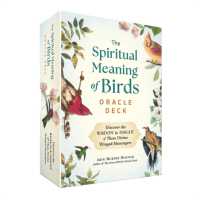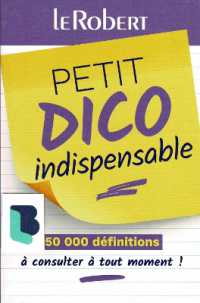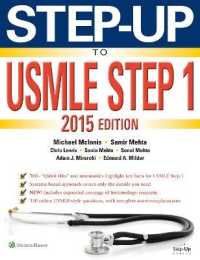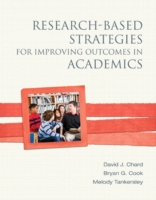- ホーム
- > 洋書
- > 英文書
- > History / World
Full Description
Andrew Park tells the story of the rise and fall of the plebiscite, once seen as a promising democratic solution to international conflict which - more than once - became embroiled in controversy and war in the first half of the twentieth century. The book's central figure is the brilliant but largely forgotten American scholar Sarah Wambaugh, the leading expert on the plebiscite technique whose dramatic career took her to many of the world's political hotspots. The norms she developed for the technique continue to shape how self-determination and popular suffrage in international affairs are thought about and conducted today. In a world where borders are again being redrawn by force and democracy everywhere appears under strain, this book is a timely and compelling reminder that such events are not new.
Contents
Introduction; 1. A career in plebiscites begins: suffrage, peace, and the Paris peace conference of 1919; 2. The plebiscites of the post-war settlement, 1920-1923; 3. Locating Sarah Wambaugh's political thought: science, neutrality, and public opinion; 4. Tacna-Arica and the perfection of the plebiscite, 1925-1933; 5. 'The highest point yet attained': the Saar plebiscite of 1935; 6. Low point: the plebiscite and the second world war; 7. An era ends: election monitoring and the plebiscite after the war; Conclusion; Bibliography; Index.








